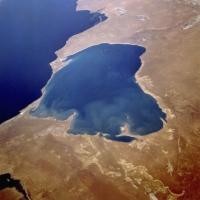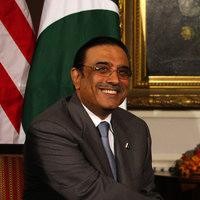
In the new geostrategic “Great Game” between Russia and the West over the future of Caspian and Central Asian energy resources, the prize resembles a set of traditional matreshka Russian dolls. The outermost doll represents the three nations bordering the Caspian itself — Azerbaijan, , Kazakhstan and Turkmenistan. In the middle of the collection is Uzbekistan, the most populous of the new Central Asian nations. The innermost doll consists of the two most easterly “Stans,” Kyrgyzstan and Tajikistan, rich in hydroelectric potential, but relatively poor in hydrocarbons. As prizes go, it is certainly a tempting one. The Caspian’s 143,244 square […]

